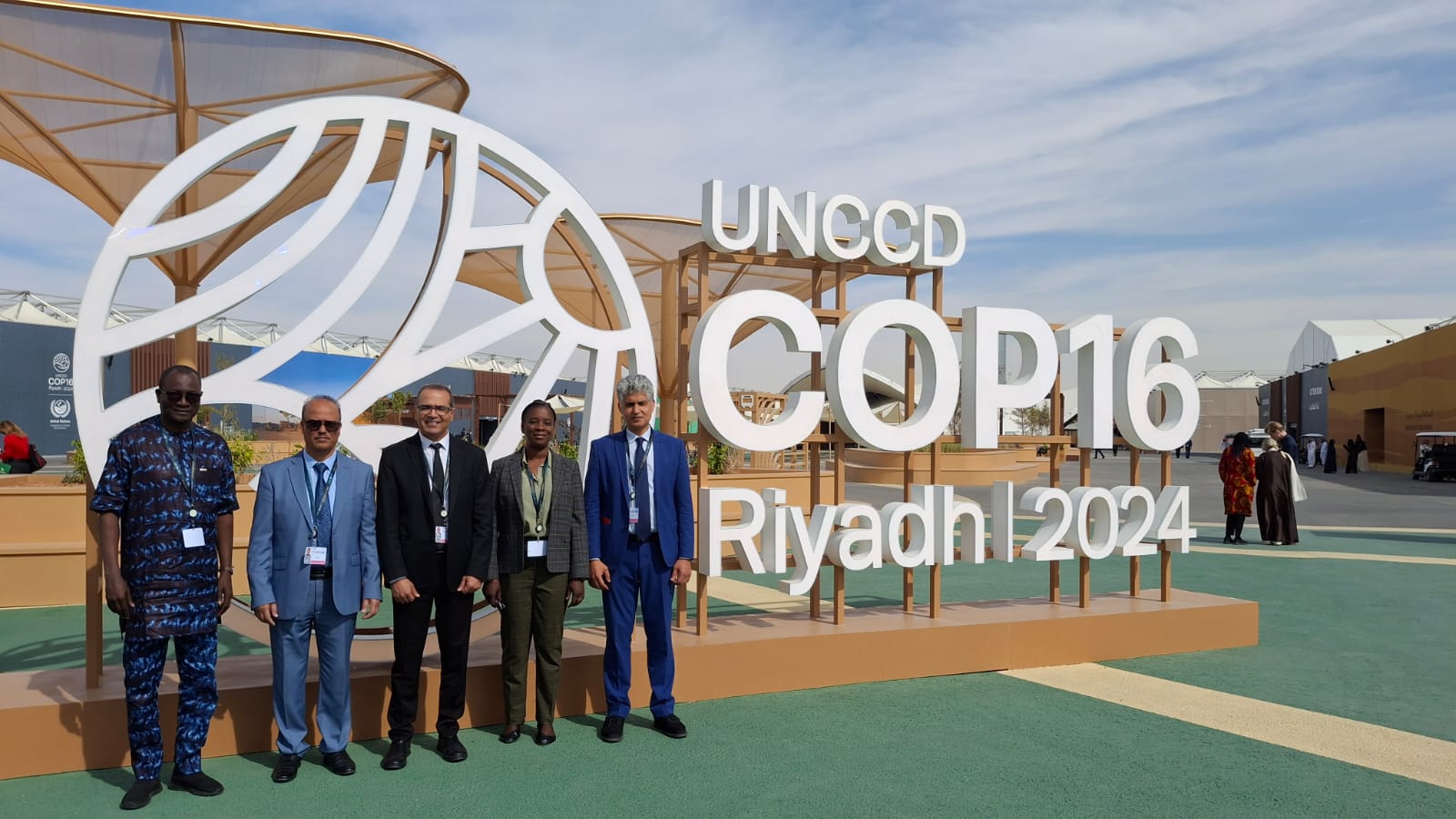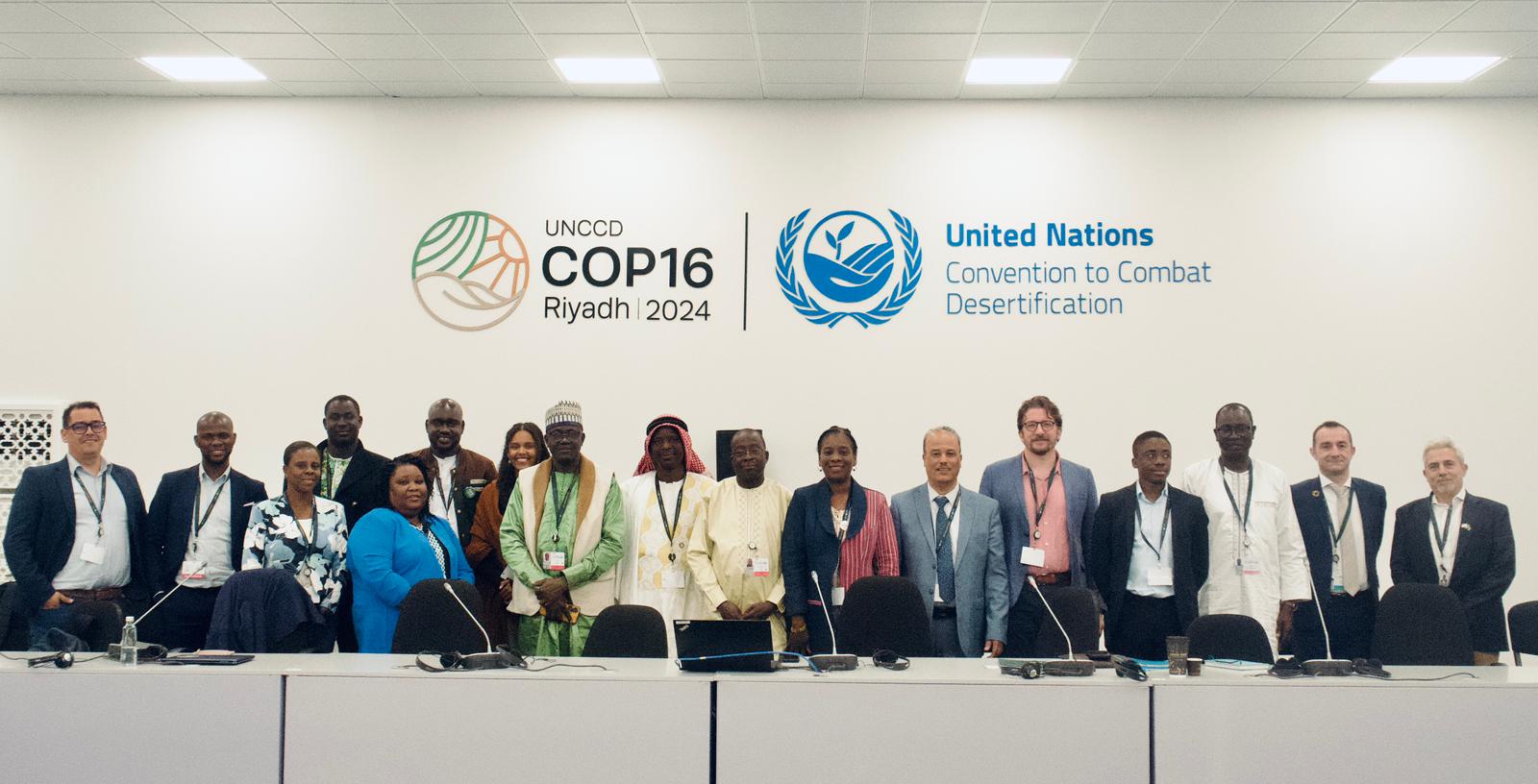27th Session of the OSS Strategic Orientation Committee, Tunis, January 28, 2025
Held on January 28, 2025 in Tunis, the 27th session of the Strategic Orientation…
The North Western Sahara Aquifer System Consultation Mechanism (NWSAS-CM) Coordination Unit, held a regional training workshop on deep aquifer modeling and on the remote sensing contribution through data derived from the GRACE (Gravity Recovery And Climate Experiment) space mission.
The opening of the workshop was marked by the speech of Mrs. Faten Khamassi, Chief of Staff of the Tunisian Minister of Agriculture, Water Resources and Fisheries, that came after the introduction delivered by Mr. Aissa Hlaimi, NWSAS-CM Coordinator, and the welcome address of Mr. Nabil Ben Khatra, Executive Secretary of the Sahara and Sahel Observatory (OSS).
During the workshop, the participants acquired skills that will hopefully help them build capacities by applying this tool in the areas of study, evaluation-monitoring of the main changes in the NWSAS groundwater resources, shared by Algeria, Libya and Tunisia. The data collected will make it possible to have a clearer idea on the detailed distribution of water masses in the subsurface and its variations over time.
The combination of results from remote sensing and digital models should make it easier to make decisions and monitor the volume of the NWSAS water reserves. These resources are being overexploited and threatened by the worsening climate conditions marked by uneven spatio-temporal rainfall and more frequent droughts.
The NWSAS that extends over a 1 million km² area, shared between Algeria, Libya and Tunisia, is tremendously important for the economic and social development of these countries and covers a variety of needs from the supply of populations with drinking water, to irrigated agriculture and livestock, including tourism and industrial activities demand.
Since it was created in 2007, the NWSAS-CM Coordination Unit has put efforts to achieve the identified objectives through better dissemination of information and by strengthening dialogue with decision-makers at the level of programs and development options. It is also working to build the capacity of the technical staff responsible for managing these groundwater resources in the three countries.
Held on January 28, 2025 in Tunis, the 27th session of the Strategic Orientation…

The participation of the Sahara and Sahel…

OSS Side Event at COP16: Strengthening Resilience in the Sahel through Multi-…